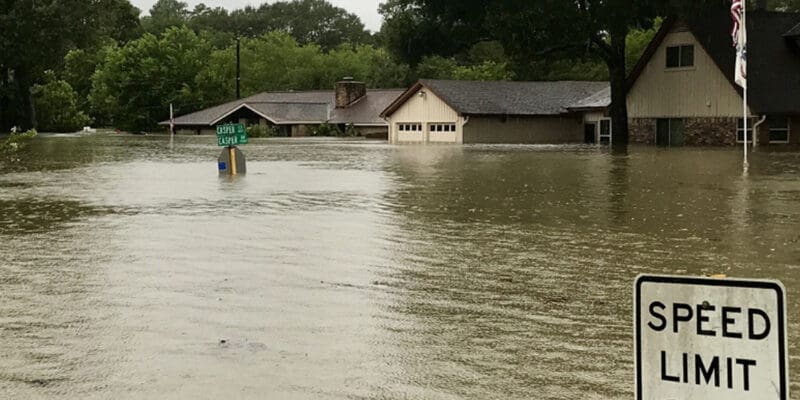(The Center Square) – Louisiana has received more federal flood insurance money than any other state in the country, with $20.7 billion paid across more than 361,000 claims since the program’s inception.
It is a reminder of the state’s vulnerability to flooding as the National Flood Insurance Program faces another looming lapse.
According to Federal Emergency Management Agency data, Orleans Parish tops the list with 99,383 claims totaling $7.2 billion. Jefferson Parish follows with 89,234 claims and $3.5 billion paid, while St. Tammany Parish (28,487 claims), St. Bernard Parish (20,491), and East Baton Rouge Parish (18,795) round out the top five.
Other parishes leading in claims include Livingston (12,655), Terrebonne (11,025), Calcasieu (7,950), and St. John the Baptist (7,468).
Nationwide, Louisiana leads both in the number of claims and the amount paid, ahead of Florida and Texas.
The new data arrives just days before the program’s authorization expires. The deadline is Tuesday.
Without congressional action, no new policies could be issued, existing policies could not be renewed, and the program’s borrowing authority from the U.S. Treasury would plummet from $30.4 billion to $1 billion – leaving the federal government with limited capacity to pay claims after a major storm.
Congress is focused on avoiding a shutdown.
Since 2010, the program has lapsed seven times, with the longest lapse lasting 17 days.
“We have this looming possibility of an NFIP lapse that could last as long as the shutdown itself – which would be unprecedented,” Jordan Haedlter of the Insurance Fairness Project told The Center Square in an interview. “We’ve had lapses before, and shutdowns before, but never both at the same time.”
FEMA guidance indicates that policies issued before the deadline would remain in effect until their one-year term ends, but real estate transactions in flood zones could be frozen and pending renewals would be blocked until Congress acts.
During a 2010 lapse, an estimated 1,400 home closings were canceled or delayed per day – a scenario that could repeat during Louisiana’s peak flood season if Congress fails to act by Tuesday.
U.S. Sen. Bill Cassidy, R-La., has been pressing for a multi-year reauthorization through the end of 2026 and a rollback of FEMA’s Risk Rating 2.0, which he says has driven up premiums for low- and middle-income homeowners. He also has proposed a 33% refundable tax credit to offset those rising costs.
“It is irresponsible for Congress to continue to make families hold their breath and hope the rug will not be pulled out from beneath them,” Cassidy said. “Let’s keep the National Flood Insurance Program alive – and then let’s keep it strong, reliable, and worthy of the trust that millions of American families place in it every day.”
Advertisement
Advertisement

